Thor, the god of thunder, is a mythological deity from Norse Legends and is arguably one of the most famous gods on Earth. Though myths about Thor have existed for centuries, most modern audiences recognize the god from his appearances in Marvel comics. Co-created by writer Stan Lee and artist Jack Kirby, Marvel’s Mighty Thor first appeared in Journey into Mystery #83 in 1962. However, the Thor in Marvel is not the same Thor in God of War Ragnarok. While Marvel’s Thor is iconic, the Thor in God of War Ragnarok will be more accurate to the myths about Thor from the Norse beliefs.
Related: God of War Ragnarok fans are thrilled about the upcoming clash between Kratos and Thor
The Legend of Thor
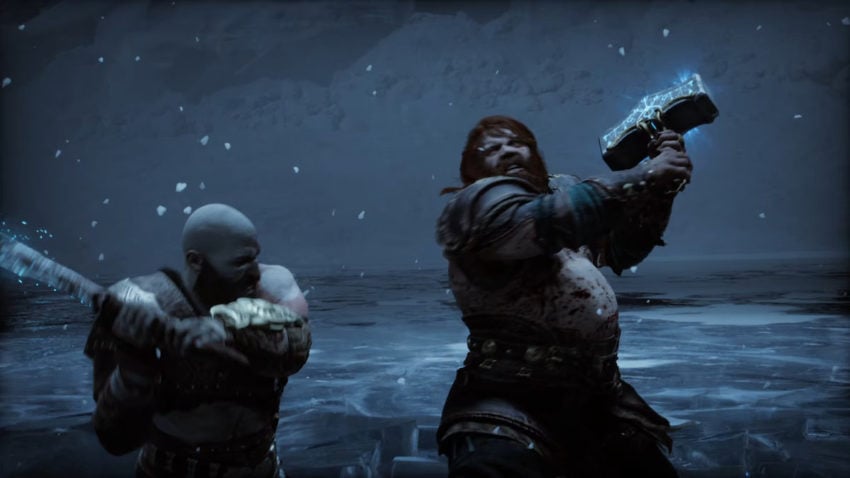
Thor from Marvel comics is a streamlined variant of the classical Thor. The Marvel version of the character is more outwardly heroic and selfless than the Thor from legends. Myth Thor is more arrogant and cruel, representing the harshness of the Viking Age when the god came to prominence. Beings feared Thor for the ways he cruelly treated his enemies. God of War’s Thor will be an antagonist to Kratos, acting more like his unlikable personality from classic stories. Marvel’s Thor is still arrogant yet is not nearly detestable as Thor from legends. Both Thors are considered humanity’s protectors, and Vikings prayed to Thor to ensure safe travels overseas.
Thor’s Appearances
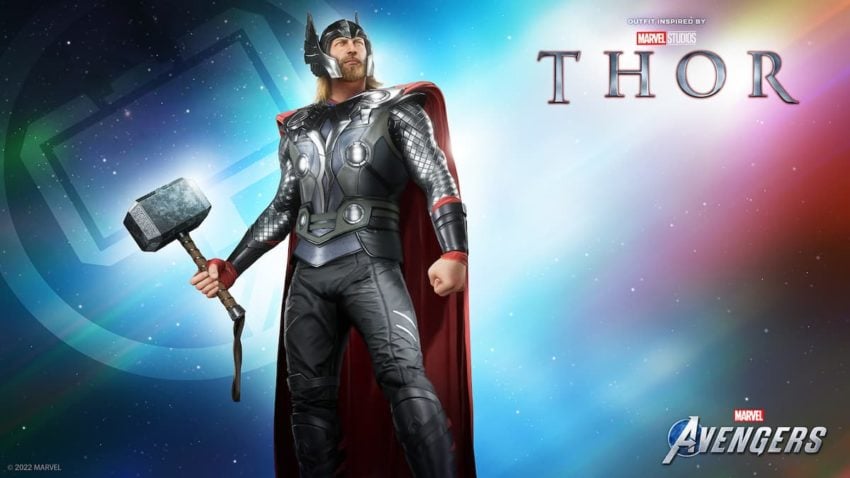
Marvel comics retained the basics of Thor’s history and backstory when adapting the character onto the page, though with several key differences. The biggest difference between Myth Thor and Marvel’s Thor is their appearance. Thor from legends is supposed to have long red hair and a flowing red beard, whereas Marvel’s Thor has long blond hair and a short beard. Marvel’s Thor also wears more traditional superhero garbs, representing his more heroic personality. God of War’s Thor retains the god’s red hair and wears a more Viking-inspired wardrobe.
Related: New God of War Ragnarok behind-the-scenes trailer dives into enemy, realm, and combat variety
Thor’s Hammer — Mjolnir
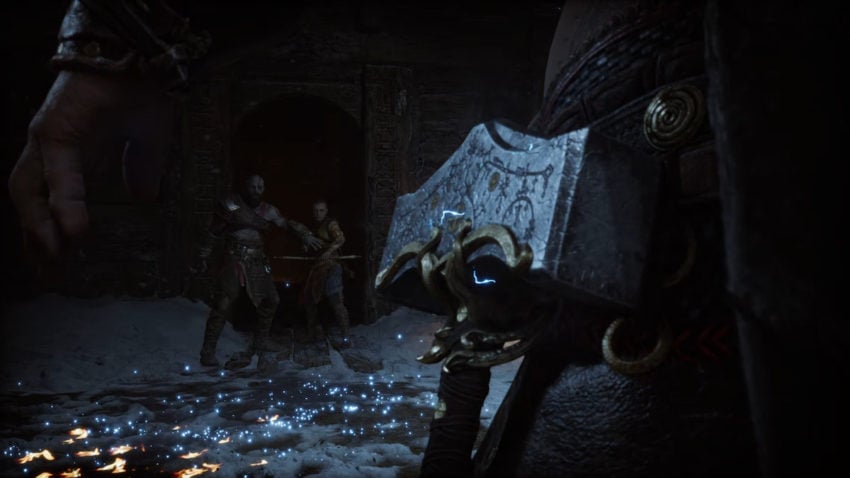
Another key difference is Thor’s Hammer, Mjolnir. There have been several interpretations of Mjolnir throughout different carvings and art pieces. Some renditions portray the hammer as no bigger than a tools hammer, whereas other portrayals have it larger than a horse. Traditionally, Mjolnir is supposed to be a Viking’s war hammer with an anchor-shaped head. The head of Mjolnir is often used as a necklace for Norse pagans and is a common symbol for pagan practices. God of War’s Thor will be wielding a hammer that is more accurate to depictions of it found on old artwork and carvings.
Mjolnir in Marvel is more of a short-hand sledgehammer with a short grip and rectangular anvil. Odin also infused Mjolnir with enchantment in Marvel Comics — “Whosoever holds this hammer, if he be worthy, shall possess the power of Thor.” In Marvel Comics, Thor was initially a physically impaired doctor named Donald Blake. Blake transformed into Thor because he was “worthy,” but the Blake persona eventually vanished. No such enchantments exist in any major myths or legends about Thor, and Donald Blake only exists in the comics.
Other Differences
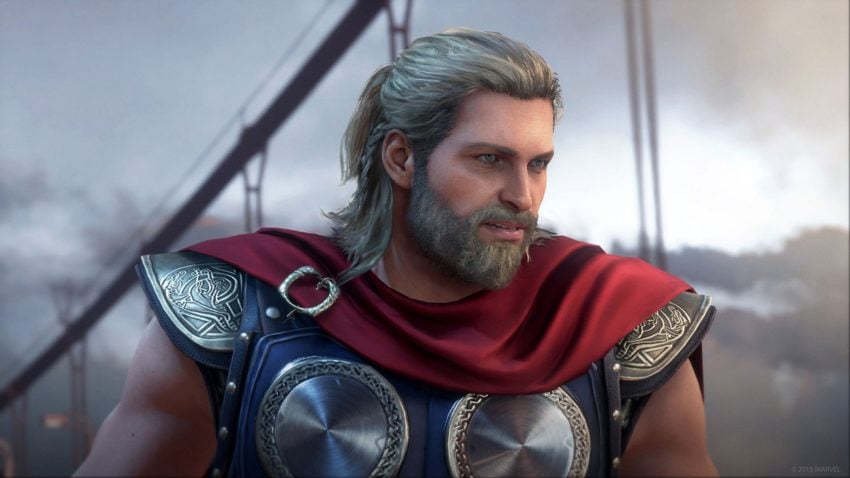
Rather than being the child of Odin and Jord, the Earth goddess of Norse Myth, Thor is instead the child of Odin and Gaia, the Earth goddess from Greek myth, in Marvel comics. Marvel’s Thor faced off against many mythological creatures and gods from Norse mythology, including dark elves and trolls. Marvel’s Thor also fought a lot of extraterrestrials, including rock men from space.
Related: All MCU skins in the Marvel’s Avengers game
Marvel Cinematic Universe version of Thor is an even more streamlined version of Thor from the comics and is further removed from the Norse myths. Thor in the MCU is now more of an alien than a god, though recent MCU movies have reversed this and have made him more godly. Thor’s movies are more sci-fi than mystical, which is a contrast to the fantastical aspects of Norse mythology. Other Norse gods like Loki, Sif, Baldr, Hela, and Frigga are in the comics, though have slightly different roles and backstories. The Nine Realms of Norse mythology exists in Marvel Comics, the MCU, and the God of War franchise.
The main difference between Thor from Marvel and God of War is its accuracy to the actual Norse myths. Marvel’s Thor is a superhero whose heart is always in the right place, whereas God of War Thor is arrogant and willing to be mean when he sees fit. One Thor is worth praying to and holding in high esteem, yet the other you never want to meet.

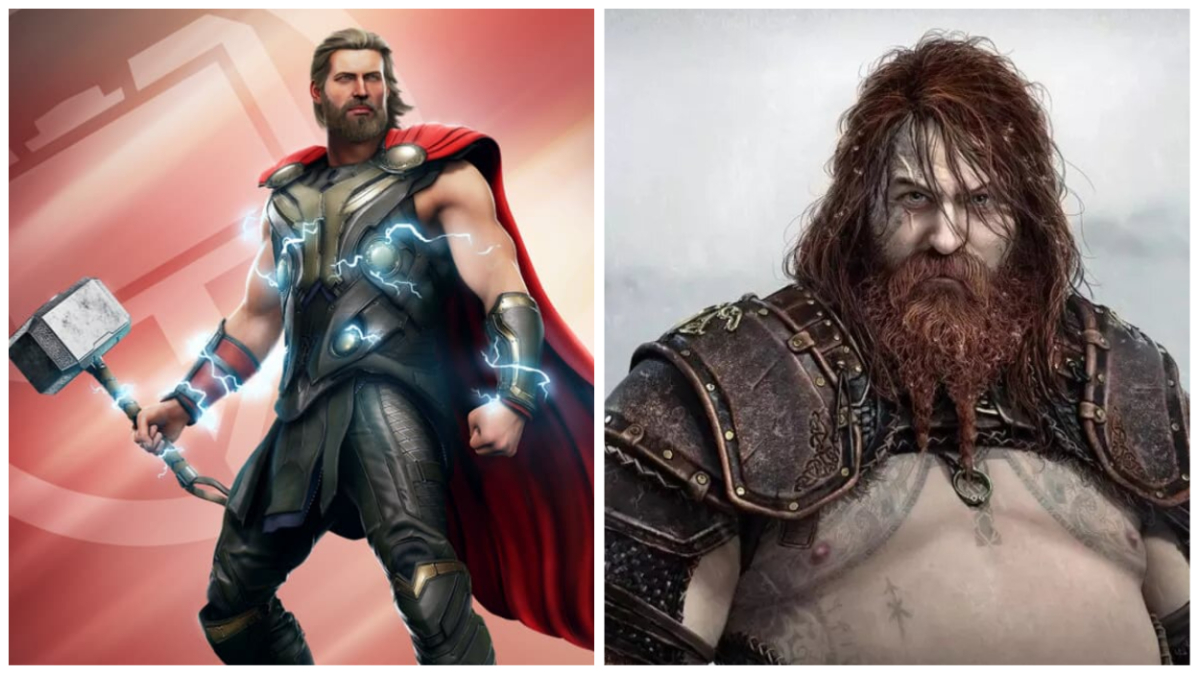
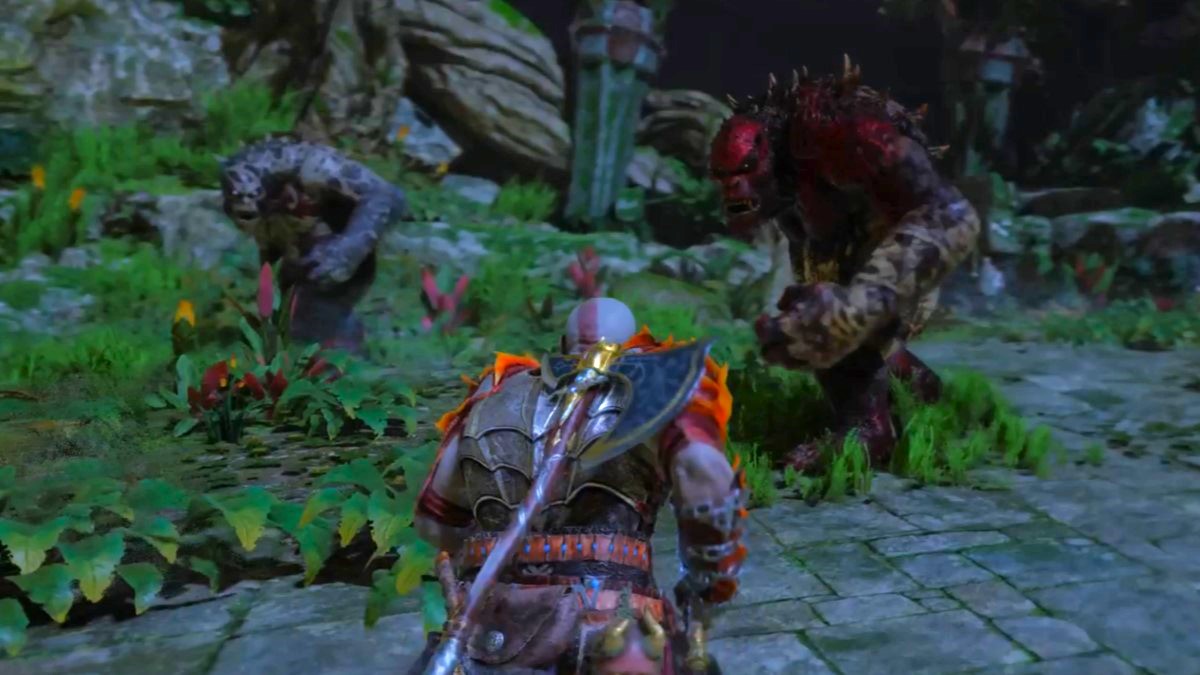
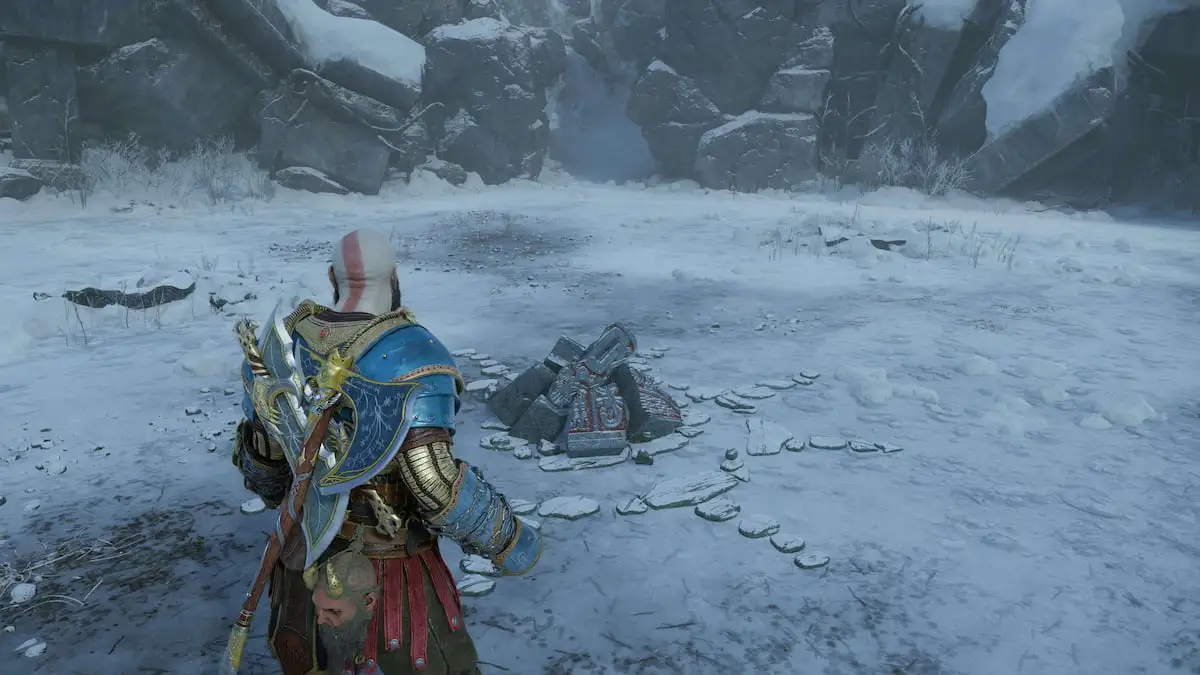
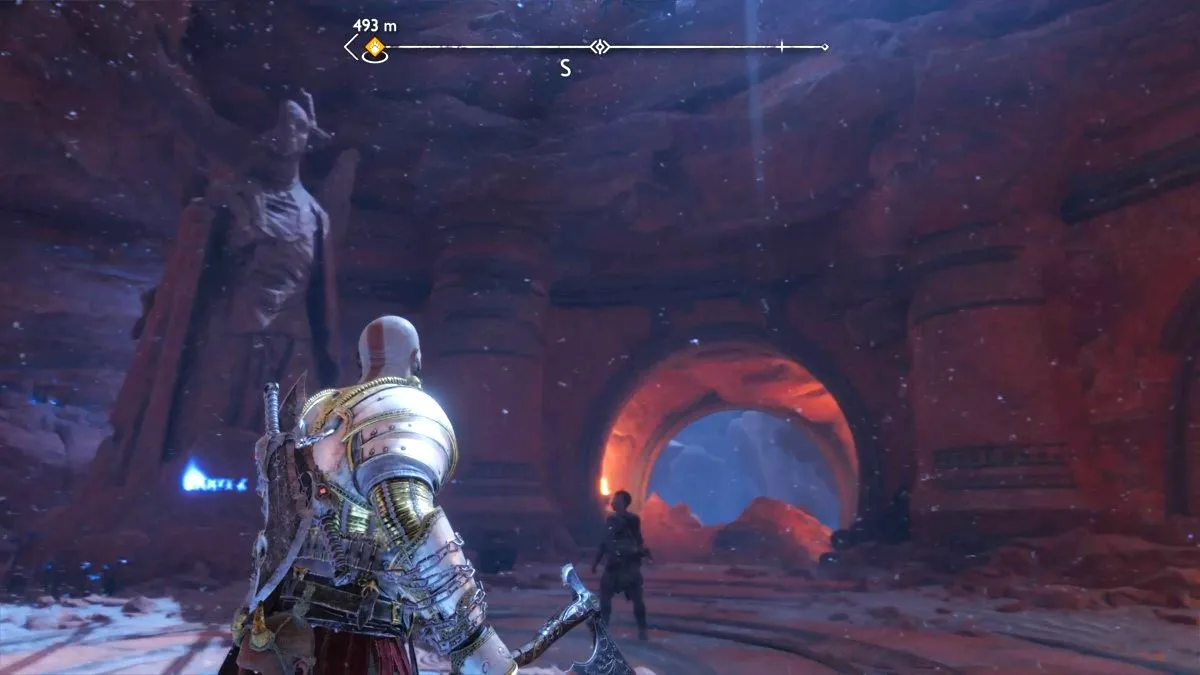


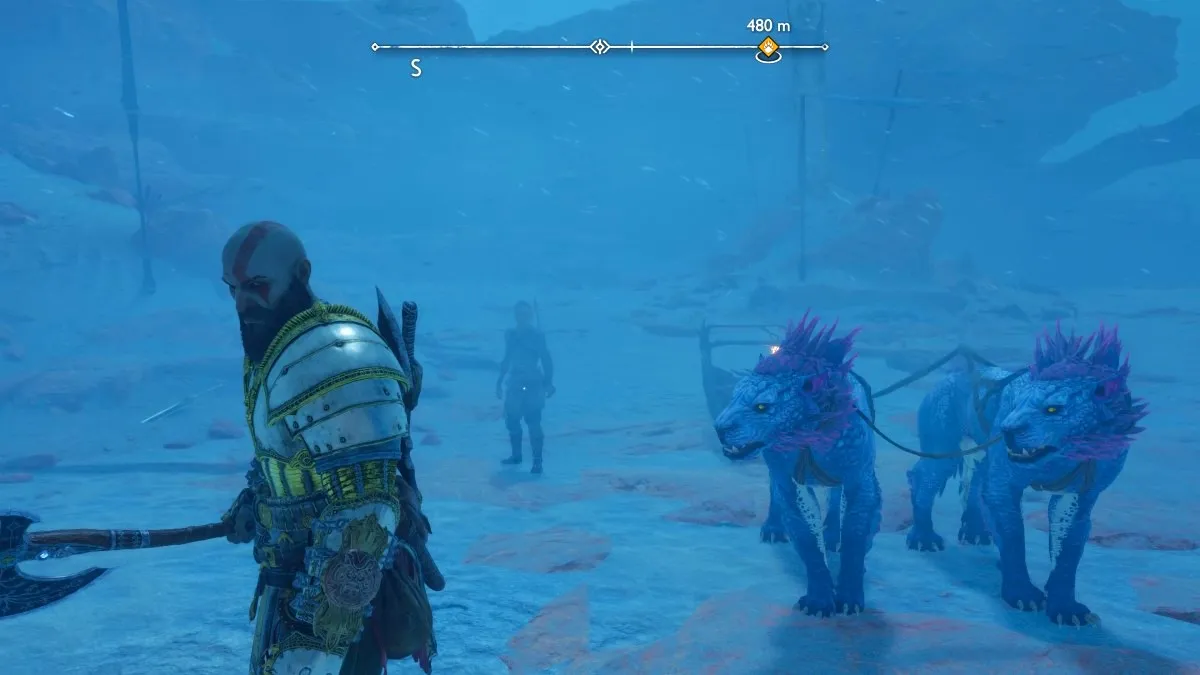
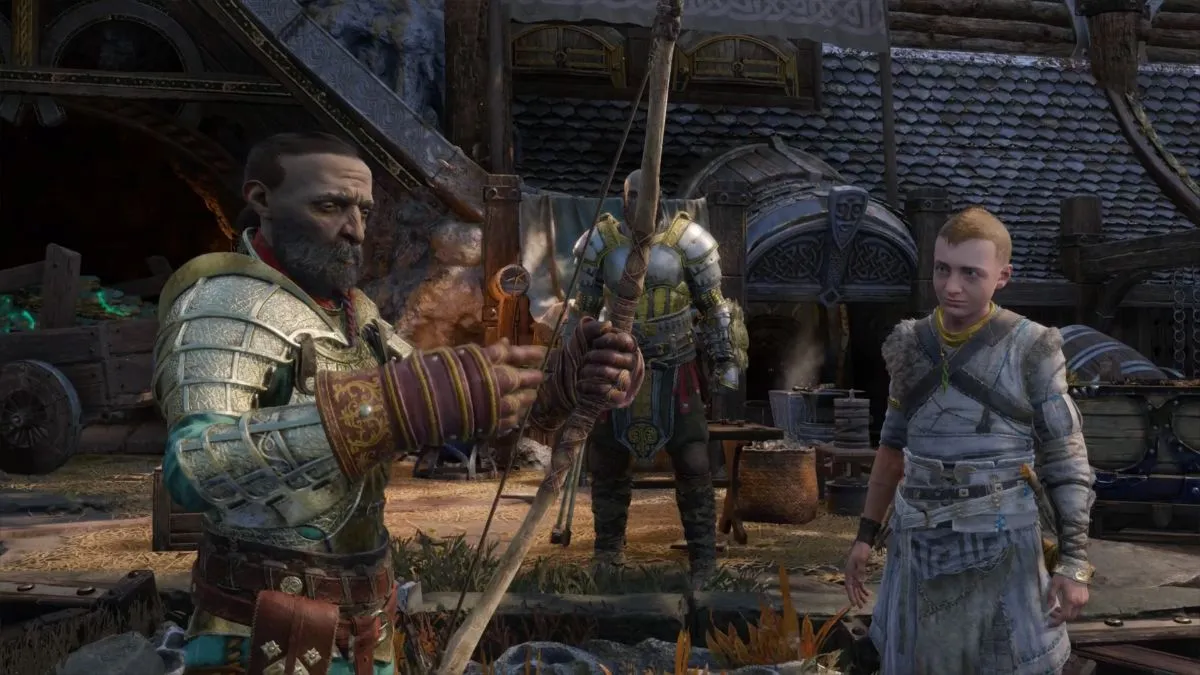

Published: Nov 2, 2022 08:03 pm